Epic's expert witness claims that the Apple App Store is making big bucks as a monopoly
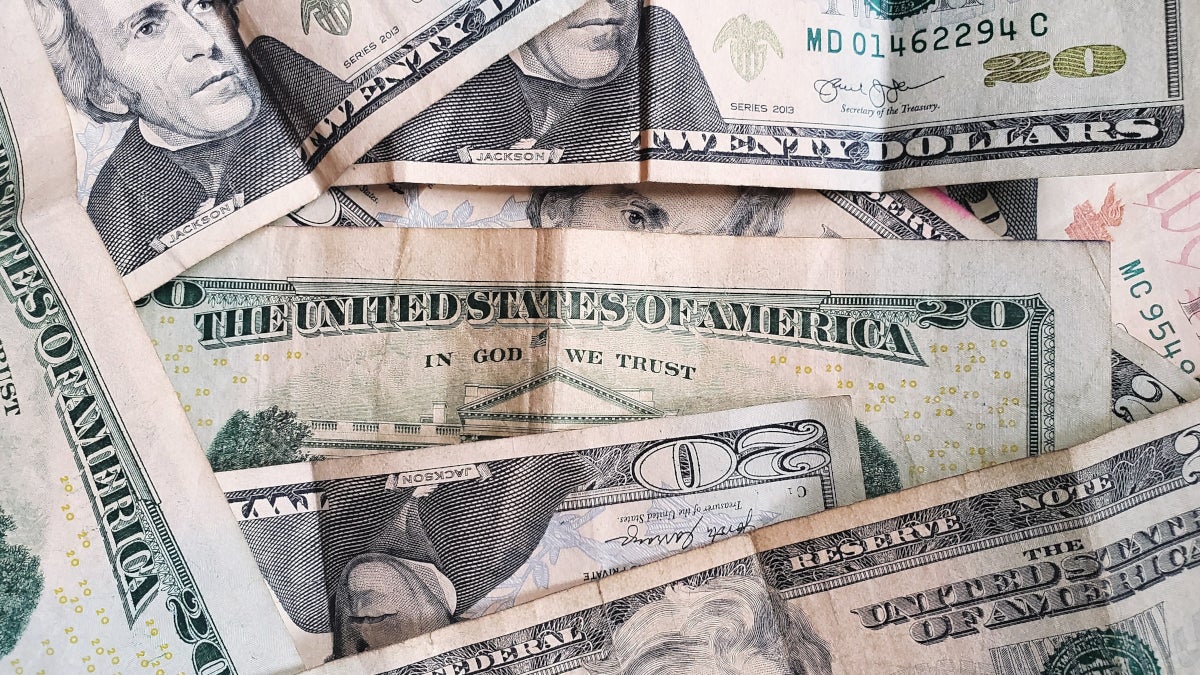
This Monday starts an epic trial. Or should we say, the trial between Epic Games and Apple starts this Monday. The latter tossed Epic's popular Fortnite game out of the App Store after it was discovered that the developer allowed users to make in-app payments through Epic's own payment platform.
Epic Games says that the Apple App Store had profit margins of 78% in 2019
Epic's action violated Apple's rules that require developers offering in-app purchases to have them go through Apple's in-app payment system. But Epic, like Spotify and Netflix, wanted to avoid having to pay Apple it's 30% cut of in-app payments. Some call Apple's role here anticompetitive and monopolistic, and a Class Action suit accuses Apple of forcing app prices to be higher than they would be without its rules.
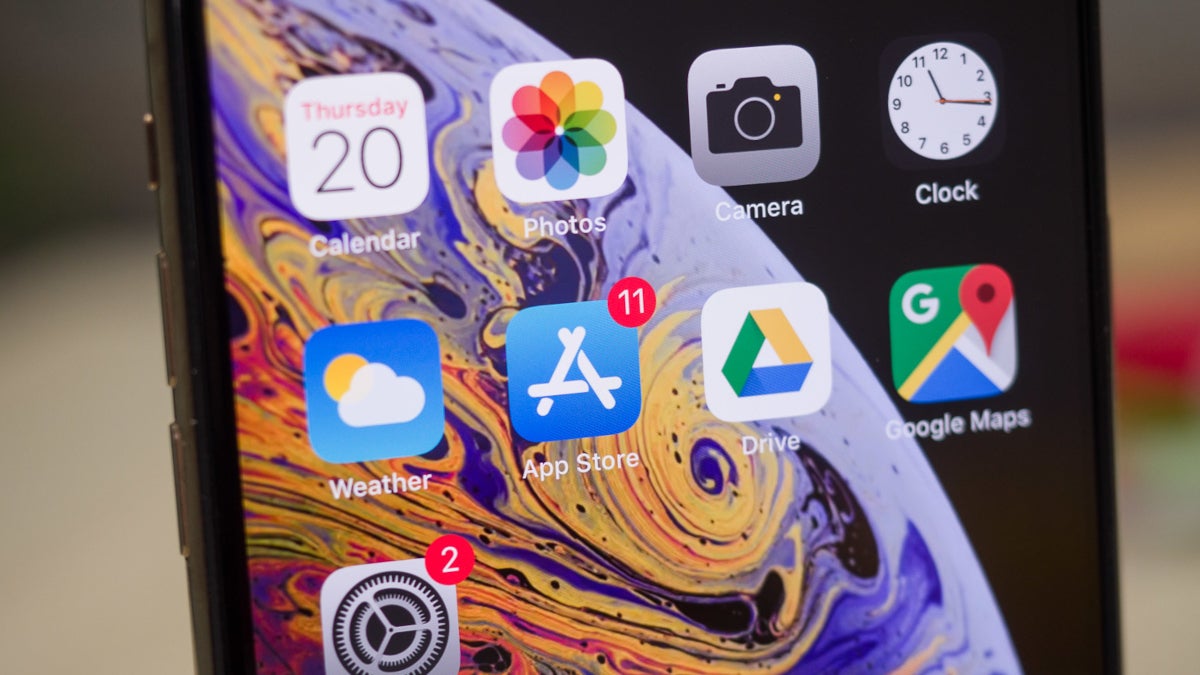
The Apple App Store makes the company a vault load of money
The Class Action suit alleges that the 30% so-called "Apple Tax" forces developers to charge higher prices for apps in the iOS app storefront. And since Apple doesn't allow users to sideload apps from third-party app stores, iOS users have it worse than Android users who-in theory-can shop around for lower pricing.
With the Epic v. Apple bench trial (a bench trial is one where the decision is made by the judge instead of a jury) just two days away from starting, some of Epic's expert testimony has leaked. According to Bloomberg, economics and financial researcher Ned Barnes says that the operating margins of the App Store was 78% in 2019. Barnes said he obtained documents "prepared by Apple's Corporate Financial Planning and Analysis group and produced from the files of Apple CEO Tim Cook."
Despite Barnes' comments about obtaining the numbers from Apple and the files of Tim Cook, the company denies the accuracy of his calculations. Apple is also asking the court to order that a tight lockdown be placed against the public discussion of App Store profits. While Barnes was told by an Apple employee that the numbers he obtained from Apple don't show the whole story, he did the rest of the calculations himself to determine that the App Store had a 79.6% operating margin for 2018 and 2019.
Apple has its own expert witness that it plans to put on the stand to refute Barnes. Richard Schmalensee, an Massachusetts Institute of Technology (MIT) economics expert says that Barnes' "estimate of the App Store’s operating margin is unreliable because it looks in isolation at one segment of the iOS ecosystem in a way that artificially boosts the apparent operating margin of that segment." Schmalensee added that "any accounting measure of the App Store’s stand-alone profitability is also arbitrary and thus unreliable as an indicator of anything."
To reiterate, Apple has asked the court not to allow Epic to mention App Store financial data in the courtroom. Apple said that it was concerned that by doing so, the data could "unduly confuse the securities markets and participants in those markets, including the many pension funds, mutual funds, and other ordinary investors who own Apple stock."
Today, Apple released a statement that says that Epic's "calculations of the operating margins for the App Store are simply wrong and we look forward to refuting them in court." The App Store margins-and thus App Store profits-have supposedly continued to move higher from 2019 forward. Sensor Tower says that the App Store generated $22 billion in commissions for Apple last year while Toni Sacconaghi of Bernstein says that the App Store has an 88% gross profit margin.
Apple executives say that the company doesn't look at P/L numbers for individual units. Cook said in his pre-trial testimony that, "Apple’s business is not structured that way that allows a person to push a button and obtain an App Store" profit and loss statement. Apple chief compliance officer Kyle Andeer said last month at a congressional hearing, "When we look at the App Store, it’s not a separate standalone business for us. It’s an integrated feature of our devices."
It is strange to see that the better the expected performance of the App Store is, the more anticompetitive the company is considered.
Follow us on Google News






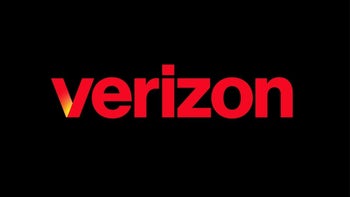

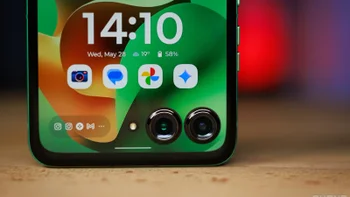
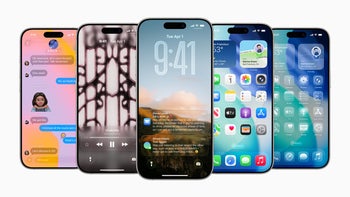
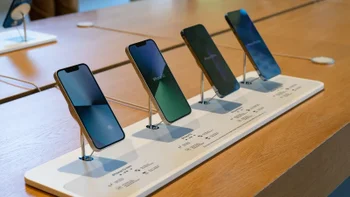
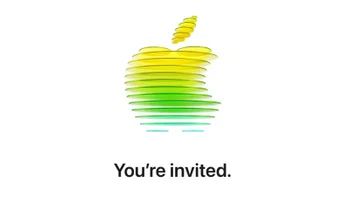
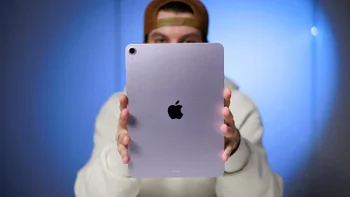
Things that are NOT allowed:
To help keep our community safe and free from spam, we apply temporary limits to newly created accounts: